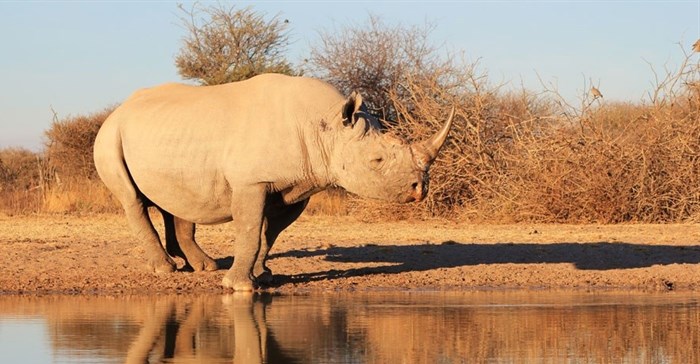
Swaziland, which is home to 73 white rhino and an estimated 18 black rhino, wanted to use funds from the sale to increase conservation measures and provide incentives for local people to give their support to the efforts. Its official bid to CITES said that:
Proceeds from the sale of stocks would have raised approximately $9.9m at a wholesale price of $30,000 per kg. That would have been placed in an endowment fund to yield approximately $600,000 annually.
Western conservation and animal welfare NGOs such as the International Fund for Animal Welfare were jubilant about the result.
In my view the outcome presents two challenges. The first is that it remains unclear how the fight against poaching and rhino conservation can be financed sustainably without a legal trade. The second is that the ban on all trade has been in place for 39 years and has not led to an improvement in protection. Demand for rhino horn has continued to rise and prices have gone up. These have served to encourage poach. New methods are needed but there is little sign of any being developed.
One of the arguments in favour of loosening the ban is that the proceeds could be directed to communities. Without this they could become increasingly alienated which in turn would increase the likelihood that they will help poachers.
In addition, everyone agrees that conservation efforts need to be stepped up, and better surveillance introduced. But as Tom Milliken of the international trade monitoring group TRAFFIC asked, after the vote: who will pay for it?
In my view NGOs wield disproportionate influence in the debate. They are a major source of funds for conservation and can use funding - or the denial of it - to persuade countries to adopt anti-trade policies. The effect of this is that states like Swaziland, Namibia, Zimbabwe and South Africa, which have the majority of the world’s rhino and are struggling against a severe poaching epidemic that kills around 1250 rhinos across the continent every year, are left to pick up the bill.
The CITES vote against legal trade comes at a time of optimism that the rate of poaching is being reduced.. Before the CITES meeting 702 rhinos had been killed in South Africa as a whole this year, compared with 796 in the same period last year.
But this may be a brief respite. There is growing evidence that poaching has not been halted but diverted from South Africa’s Kruger National Park, where poaching numbers are down, to other areas, particularly the Hluhluwe-iMfolozi park in Kwa-Zulu Natal.
What is clear is that the illegal trade in rhino horn, which fetches $65,000 a kilo in Vietnam and China, persists.
Poor rural dwellers, former professional hunters, corrupt ex-staff of wildlife parks and even some current wildlife personnel are part of a complex mix of people who work with criminal syndicates to poach rhinos and smuggle their horn. Anti-poaching patrols can kill or catch poachers but have had little success in smashing the syndicates.
A more realistic mix of approaches is needed. To me the only answer in the long run would be to bite the bullet by adopting regulated trade that brings in funds to make conservation self-sustainable.
The rejection of the Swazi bid will not end attempts to find solutions involving the reintroduction of legal and regulated trade, despite the emotively-expressed opposition of wildlife NGOs.![]()

The Conversation Africa is an independent source of news and views from the academic and research community. Its aim is to promote better understanding of current affairs and complex issues, and allow for a better quality of public discourse and conversation.
Go to: https://theconversation.com/africa